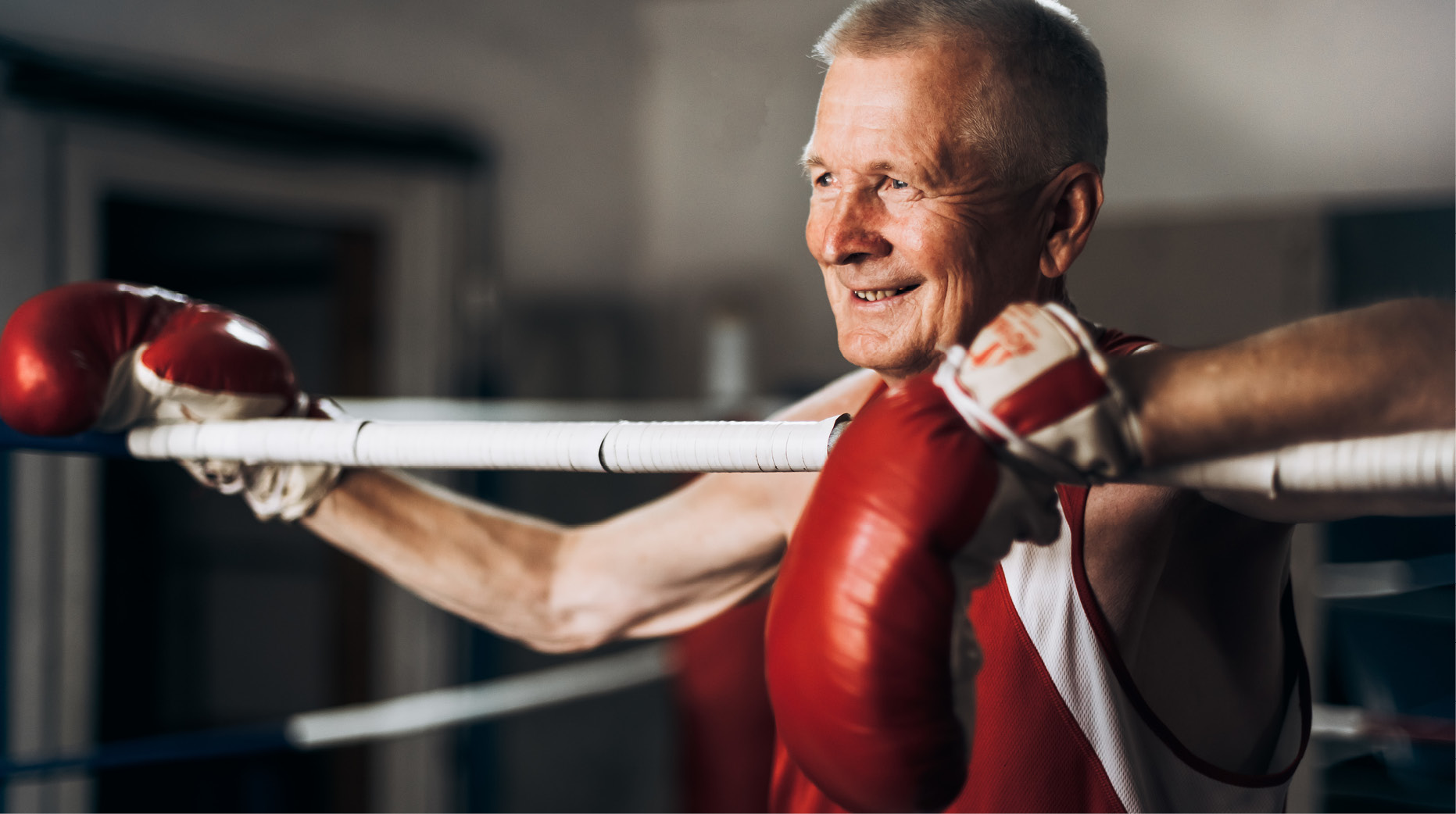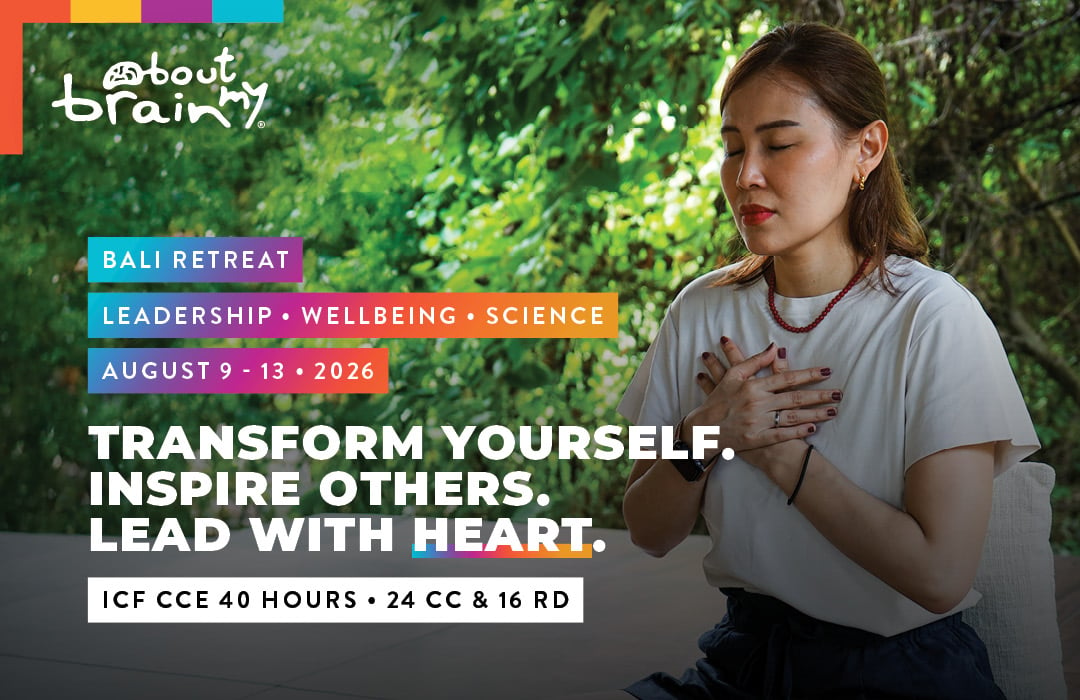From Digital Lovers To Grandmothers-For-Hire: What Japan Teaches Us About Loneliness
In Japan, loneliness has led to two very different solutions:
A digital bride and a rented grandmother.
At first glance, both stories may sound surreal. But behind them is a very human truth:
When connection feels out of reach, people find alternatives. Not because they’ve stopped wanting love but because they’ve stopped feeling safe asking for it.
The Rise of Digital Lovers
In 2018, Akihiko Kondo made global headlines when he held a symbolic wedding ceremony with Hatsune Miku, a digital character and virtual pop star.
To many, it looked absurd. But to Kondo, it was a relationship built on emotional safety, a bond without criticism, conflict or rejection.
Kondo isn’t alone. Across Japan, more people are turning to digital lovers: virtual characters, apps, AI companions and holograms that simulate intimacy without the uncertainty of real relationships.
According to Japan’s 2022 national birth trend survey, more than 40% of single adults under 30 have never been on a date (NIPSSR, 2022).
Why?
For some: fear of rejection.
For others: past trauma, anxiety or a sense of disconnection from modern dating norms.
But whatever the reason, the need is the same:
To feel seen. To feel valued. To feel loved.
Loneliness by the Numbers
This isn’t just a Japanese phenomenon. Loneliness is becoming a global epidemic:
Loneliness at a Glance:
- U.S.: Nearly 1 in 2 adults report feeling lonely (Murthy, 2023)
- U.K.: 7% feel lonely “often or always”; over 25% report loneliness some of the time (ONS, 2023)
- Japan: In 2021, a Minister of Loneliness was appointed to address rising suicide rates and isolation (BBC, 2021)
- Global: The WHO now defines loneliness as a major public health threat, tied to higher risks of depression, dementia, and early death (WHO, 2023)
These numbers aren’t just statistics. They’re signals.
Signals that something in our modern way of living is breaking down, quietly and at scale.
Grandmothers-for-Hire:
A Human Alternative

But Japan is also home to a very different response to loneliness, one rooted not in technology, but in tenderness.
Through a service called Client Partners, people can hire older women, often grandmothers, for conversation, companionship and shared presence.
One of them, Taeko Kaji, 69, offers clients something no app can:
Warmth. Time. Listening. Care without conditions.
These women aren’t trained therapists.
They aren’t pretending to be family.
They’re simply showing up with presence, and in doing so, they’re meeting the same emotional need digital lovers are trying to fill.
But there’s a difference: Digital love simulates connection. This creates it.
Why This Matters
We often say we value authenticity, but many of us have quietly learned, whether through experience, culture, or subtle cues, that vulnerability comes at a cost. Neuroscience tells us that our brains are always trying to balance two needs: connection and protection.
When our relationships begin to feel unpredictable or emotionally unsafe, we adapt in ways that help us avoid pain. We perform, we withdraw, we edit ourselves into versions we believe will be more acceptable. Over time, this self-protection becomes habitual. We lose our tolerance for discomfort, our ability to repair emotional ruptures and the courage to show up as we truly are, trusting that we’ll still be met with care.
Gradually, we begin to favour control over closeness, and safety over intimacy and in doing so, we distance ourselves not only from others but from something essential within us: our sense of aliveness.
What Japan Is Teaching The Rest Of Us
The stories of digital lovers and grandmothers-for-hire offer two very different answers to the same question:
How do we meet our need for connection in a world where relationships have become harder?
They’re not just stories about Japan. They’re mirrors.
Mirrors reflecting what happens when we stop turning toward each other. So perhaps the question we should be asking isn’t:
Should we embrace or reject technology?
But rather:
Are we building environments where emotional safety is possible between real people?
Because if we don’t, more and more of us will turn to artificial intimacy. Not because we prefer it, but because we’ve forgotten how to feel safe with each other.
Here are a couple of questions I’d like to leave you with:
- Is there a place in your life where you’ve chosen distance, just to feel safe?
- What might it feel like to lean in again with presence, not perfection?
Resources To Help You Lead With Presence
If this article struck a chord, you’re not alone. The future of leadership isn’t about control, it’s about connection.
Through our i4 Neuroleader™ Methodology, we offer a path to develop the kind of leadership people feel safe in.
🧠 Self-Paced Online:
i4 Neuroleader™ Course & 360° Feedback
For individuals ready to grow in self-awareness and wellbeing.
A self-paced online program that blends neuroscience, emotional intelligence and performance practices, designed to help you lead yourself before leading others. Learn more here.
🎓 In-Person Workshops:
Brain-Friendly Leadership Certification
For professionals, educators and leaders seeking to develop practical, human-centered leadership skills.
Learn to apply the i4 Neuroleader™ Model to real-world challenges and create environments where people feel safe, inspired and seen. Learn more here.
📊 Self-Paced Online:
i4 Neuroleader™ Assessment Certification
For coaches, consultants, and facilitators who want to use the i4 tools with clients or teams.
Get certified to administer, debrief and coach with a 360° feedback leadership and wellbeing tool, the i4 Neuroleader™ Assessment. Support others in building brain-friendly cultures. Learn more here.
🌺 Bali Retreat:
i4 Neuroleader™ Methodology Certification
For anyone craving reconnection, clarity, and a deeper sense of purpose.
An in-person, transformational experience designed to restore your nervous system, expand your leadership vision and help you reconnect with what truly matters. Learn more here.
❤️ Prompt Cards:
Heart 2 Heart Conversations
Because sometimes, all it takes is the right question.
These cards weren’t made for small talk. They were designed to open real conversations—the kind that build trust, deepen relationships, and bring people closer. Use them at home or at work to invite presence, not performance. Learn more here.
Sources:- BBC News. (2021, February 22). Japan appoints minister for loneliness to tackle rising suicide rates. https://www.bbc.com/news/world-asia-56128020
- Client Partners. (2025, July). OK Obaachan – Rent-a-grandma service booms in Japan. Treasury Today. https://treasurytoday.com/insight-and-analysis/rent-a-grandma-service-booms-in-japan/
- Murthy, V. H. (2023). Our epidemic of loneliness and isolation: The U.S. Surgeon General’s Advisory. U.S. Department of Health and Human Services. https://www.hhs.gov/sites/default/files/surgeon-general-social-connection-advisory.pdf
- National Institute of Population and Social Security Research. (2022). 14th Basic Survey on Birth Trends. https://www.ipss.go.jp/ps-doukou/j/doukou14/doukou14_gaiyou.asp
- Office for National Statistics. (2023). Loneliness – What characteristics and circumstances are associated with feeling lonely? https://www.ons.gov.uk
- World Health Organization. (2023). Social connection: A new public health priority. https://www.who.int/publications/i/item/9789240075532
- Wikipedia contributors. (n.d.). Akihiko Kondo. In Wikipedia. https://en.wikipedia.org/wiki/Akihiko_Kondo
- Asahi Shimbun. (2023, May 18). Man finds bliss after ‘marrying’ virtual idol Hatsune Miku. The Asahi Shimbun. https://www.asahi.com/ajw/articles/14893578
- i4 Neuroleader (353)
- Leadership & Culture (336)
- Brain Health & Wellbeing (206)
- Innovation (97)
- Performance (85)
- Our News (79)
- Collaboration (68)
- Agility (53)
- Practitioner Stories (44)
- In The Press (36)
- Make Me A Leader (33)
- Balance (31)
- Integration (30)
- Imagination (29)
- Awareness (23)
- Brain-Friendly Channel (22)
- Brain-Friendly Leadership (22)
- Communication (22)
- Curiosity (21)
- Inspiration (19)
- Intuition (19)
- Attitude (17)
- Courage (16)
- Adaptability (14)
- Case Studies (14)
- Drive (14)
- Generosity (13)
- Ethics (9)
- Mental Readiness (9)
- Influence (8)
- Retreat (8)
- Brain-Friendly Leadership (1)
- Oracle Cards (1)
- 1 November 2025 (2)
- 1 September 2025 (3)
- 1 August 2025 (5)
- 1 July 2025 (5)
- 1 June 2025 (2)
- 1 April 2025 (1)
- 1 March 2025 (8)
- 1 February 2025 (3)
- 1 September 2024 (4)
- 1 July 2024 (2)
- 1 June 2024 (6)
- 1 May 2024 (2)
- 1 April 2024 (3)
- 1 March 2024 (1)
- 1 November 2023 (1)
- 1 August 2023 (1)
- 1 July 2023 (2)
- 1 June 2023 (2)
- 1 May 2023 (4)
- 1 April 2023 (2)
- 1 March 2023 (7)
- 1 February 2023 (4)
- 1 January 2023 (1)
- 1 September 2022 (1)
- 1 May 2022 (3)
- 1 April 2022 (1)
- 1 March 2022 (5)
- 1 February 2022 (4)
- 1 January 2022 (4)
- 1 December 2021 (2)
- 1 November 2021 (4)
- 1 October 2021 (3)
- 1 September 2021 (6)
- 1 August 2021 (1)
- 1 April 2021 (1)
- 1 December 2020 (2)
- 1 November 2020 (1)
- 1 September 2020 (1)
- 1 August 2020 (1)
- 1 July 2020 (3)
- 1 June 2020 (4)
- 1 May 2020 (3)
- 1 April 2020 (4)
- 1 March 2020 (6)
- 1 February 2020 (4)
- 1 January 2020 (2)
- 1 December 2019 (3)
- 1 November 2019 (3)
- 1 October 2019 (5)
- 1 September 2019 (4)
- 1 August 2019 (4)
- 1 July 2019 (4)
- 1 June 2019 (5)
- 1 May 2019 (9)
- 1 April 2019 (9)
- 1 March 2019 (8)
- 1 February 2019 (7)
- 1 January 2019 (8)
- 1 December 2018 (5)
- 1 November 2018 (10)
- 1 October 2018 (16)
- 1 September 2018 (9)
- 1 August 2018 (10)
- 1 July 2018 (9)
- 1 June 2018 (8)
- 1 May 2018 (9)
- 1 April 2018 (9)
- 1 March 2018 (9)
- 1 February 2018 (8)
- 1 January 2018 (8)
- 1 December 2017 (6)
- 1 November 2017 (9)
- 1 October 2017 (9)
- 1 September 2017 (8)
- 1 August 2017 (10)
- 1 July 2017 (8)
- 1 June 2017 (8)
- 1 May 2017 (9)
- 1 April 2017 (8)
- 1 March 2017 (6)
- 1 January 2017 (3)
- 1 December 2016 (4)
- 1 November 2016 (5)
- 1 October 2016 (4)
- 1 September 2016 (2)
- 1 August 2016 (4)
- 1 July 2016 (4)
- 1 June 2016 (2)
- 1 May 2016 (3)
- 1 April 2016 (3)
- 1 March 2016 (7)
- 1 February 2016 (2)
- 1 January 2016 (5)
- 1 December 2015 (2)
- 1 November 2015 (2)
- 1 October 2015 (4)
- 1 September 2015 (2)
- 1 August 2015 (2)
- 1 July 2015 (1)
- 1 June 2015 (3)
- 1 May 2015 (4)
- 1 April 2015 (5)
- 1 March 2015 (3)
- 1 February 2015 (3)
- 1 January 2015 (3)
- 1 December 2014 (3)
- 1 November 2014 (3)
- 1 October 2014 (3)
- 1 September 2014 (5)
- 1 August 2014 (4)
- 1 July 2014 (5)
- 1 June 2014 (3)
- 1 May 2014 (1)
- 1 March 2014 (1)
- 1 December 2013 (2)
- 1 November 2013 (1)
- 1 July 2013 (1)
- 1 June 2013 (1)
- 1 May 2013 (3)
- 1 April 2013 (1)
- 1 March 2013 (2)
- 1 February 2013 (1)
- 1 January 2013 (2)
- 1 November 2012 (1)
- 1 October 2012 (1)
- 1 September 2012 (1)
- 1 August 2012 (2)
- 1 July 2012 (1)
- 1 June 2012 (1)
- 1 May 2012 (2)
- 1 April 2012 (1)
- 1 February 2012 (1)
- 1 January 2012 (1)
- 1 November 2011 (1)
- 1 October 2011 (3)
- 1 September 2011 (2)
- 1 July 2011 (1)
- 1 June 2011 (1)
- 1 May 2011 (1)
- 1 April 2011 (1)
- 1 March 2011 (1)
- 1 February 2011 (2)
- 1 January 2011 (4)
- 1 December 2010 (4)
- 1 November 2010 (3)
- 1 October 2010 (5)
- 1 September 2010 (4)
- 1 August 2010 (4)
- 1 July 2010 (3)
- 1 June 2010 (4)
- 1 May 2010 (7)
- 1 April 2010 (5)
Subscribe by email
You May Also Like
These Related Stories

Looking For A Fountain Of Youth? Try Exercise

A New Leadership Model For The VUCA World






No Comments Yet
Let us know what you think